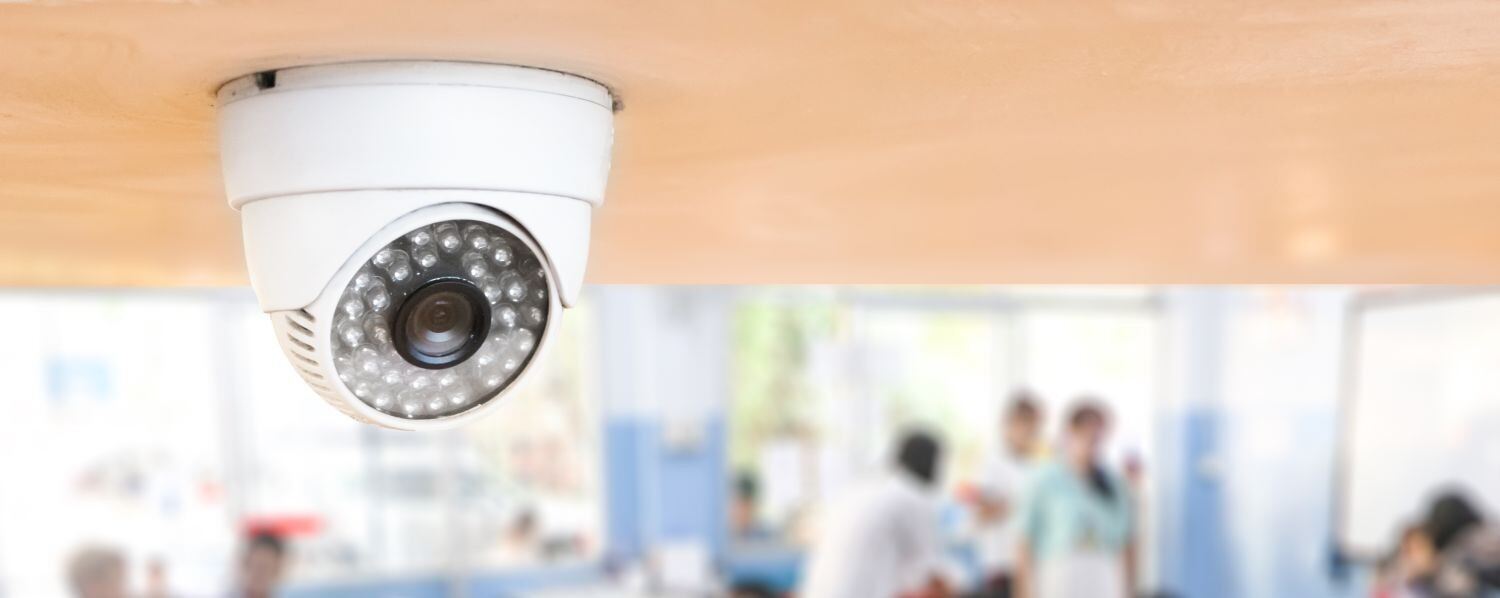
CCTV Laws for Schools in the UK
The Human Rights Act (1998) plays a vital role in guiding how schools use CCTV in the UK, incorporating the European Convention on Human Rights into UK law. This includes:
- Right to Respect for Private and Family Life (Article 8)
- Right to Freedom of Expression (Article 10)
Key Principles for CCTV Use in Schools
1. Proportionality and Necessity
Schools must ensure that CCTV surveillance is both necessary and proportionate for a legitimate aim. For example, using CCTV to monitor school perimeters for security purposes may be justified, but installing cameras inside classrooms or bathrooms likely infringes on students' and staff’s privacy rights.
2. Clear and Transparent Policies
Schools are required to have clear policies that specify the purpose of CCTV use, procedures for accessing footage, and data retention periods. Individuals should be informed when CCTV is in operation and must have the opportunity to raise objections. Additionally, schools should avoid causing unnecessary distress or collecting excessive data, retaining footage only as long as necessary.
Schools are required to have clear policies that specify the purpose of CCTV use, procedures for accessing footage, and data retention periods. Individuals should be informed when CCTV is in operation and must have the opportunity to raise objections. Additionally, schools should avoid causing unnecessary distress or collecting excessive data, retaining footage only as long as necessary.
3. Data Protection and Security
Under the Human Rights Act, schools must take all reasonable measures to safeguard CCTV data. This includes physical security of the CCTV systems, encrypting footage, and restricting access to authorized personnel only to prevent unauthorized access, alteration, or destruction.
Under the Human Rights Act, schools must take all reasonable measures to safeguard CCTV data. This includes physical security of the CCTV systems, encrypting footage, and restricting access to authorized personnel only to prevent unauthorized access, alteration, or destruction.
Frequently Asked Questions (FAQs)
What are the rules on CCTV in schools?
Schools must adhere to the guidelines set by the Information Commissioner’s Office (ICO), including informing individuals about recording, using CCTV only when necessary, and securely storing footage.
Do schools need a CCTV policy?
Yes. Schools must have a formal CCTV policy outlining its purpose, usage, and data retention. This policy should be accessible to parents and staff.
Yes. Schools must have a formal CCTV policy outlining its purpose, usage, and data retention. This policy should be accessible to parents and staff.
Are CCTV cameras allowed in schools?
Yes, provided the use complies with ICO guidelines. CCTV helps in deterring crime and ensuring safety but must be used responsibly.
Yes, provided the use complies with ICO guidelines. CCTV helps in deterring crime and ensuring safety but must be used responsibly.
How long can CCTV footage be retained?
Typically, footage should be deleted after 31 days unless required for an ongoing investigation or legal proceedings.
Typically, footage should be deleted after 31 days unless required for an ongoing investigation or legal proceedings.
Is it legal to have CCTV in school toilets?
CCTV may be installed in toilets only if cameras are not directed inside cubicles or private areas.